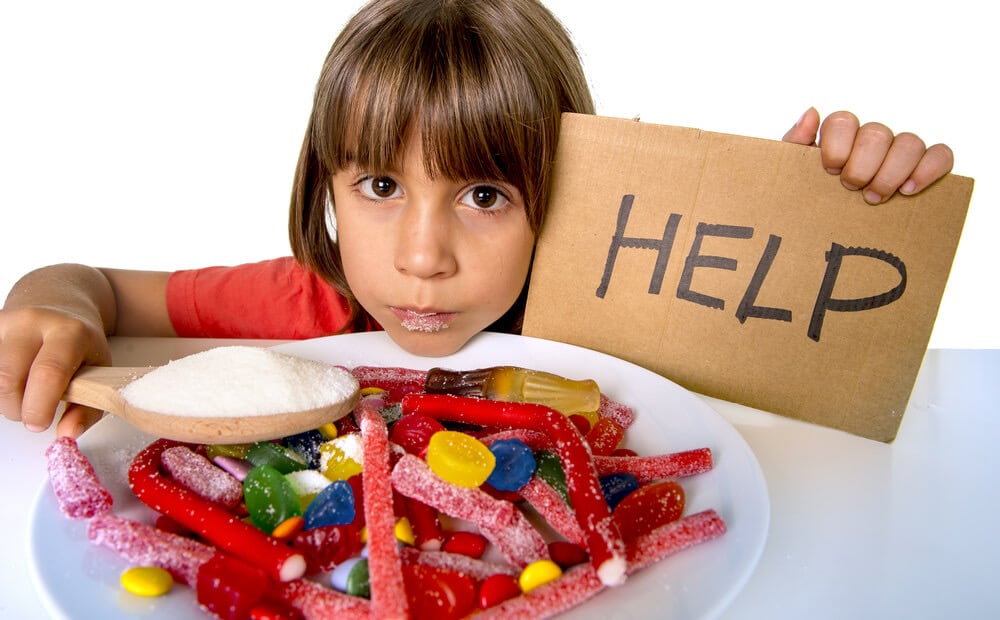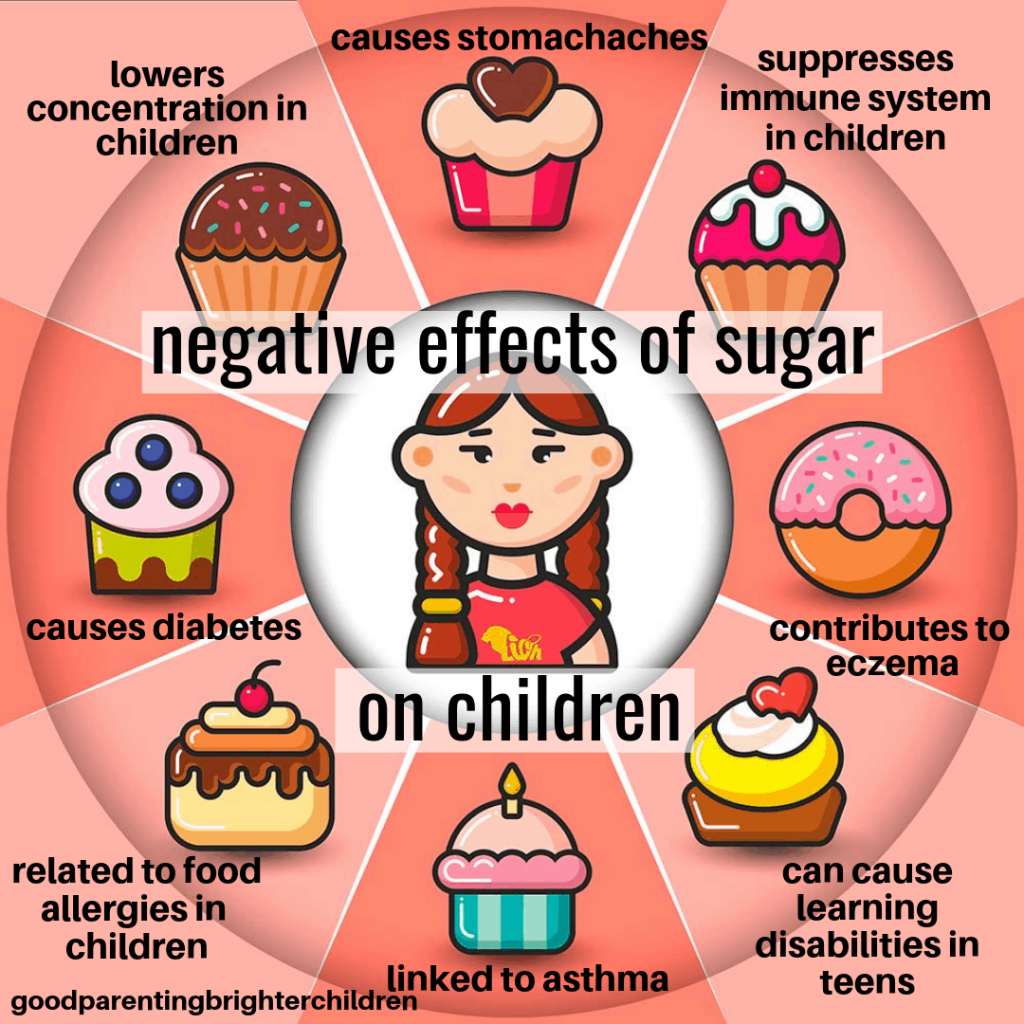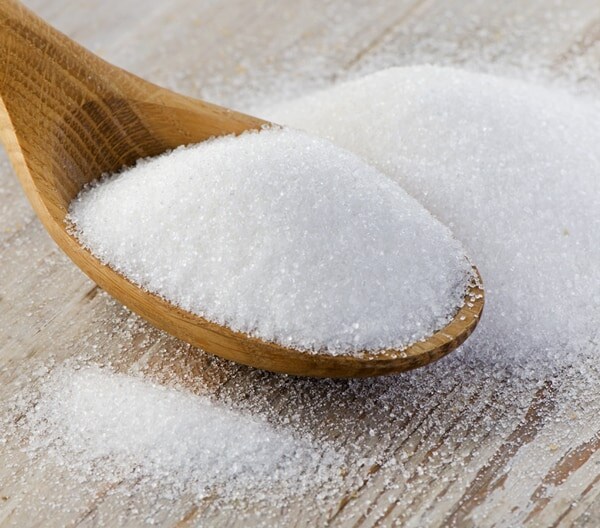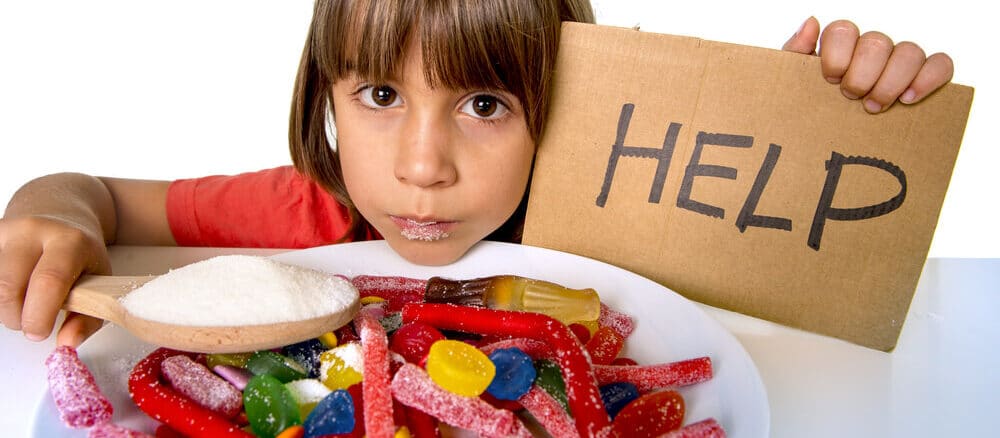- September 18, 2022
- Avi Charlton
- Uncategorized
Nutriton for Kids

It’s obvious that adults, especially those with weight issues, should be eating healthy. It’s also important for our children to be eating healthy too. Nutrition for kids is so important for their growth and development. All children will benefit from reduced sugar, less junk food, less processed food and avoiding refined carbohydrates.
Be aware of sugar as it is hidden everywhere. Sugar is hidden in tomato sauce, flavoured milk, fruit yoghurt, cereal, muesli bars, biscuits and cakes.
Why Do We Need to Reduce Sugar for Kids?

- Childhood obesity is a growing problem.
- Sugar is addictive. The more you eat, the more you want to eat.
- High sugar diet increases the chance of chronic diseases, such as diabetes, heart disease, obesity, cancer, reduced immunity, chronic inflammation.
- Sugar can lower concentration in children and there is some link to behavioural problems and mood disorders.
- Eating too much refined carbohydrates and sugar can increase chances of nutrient deficiency in children, especially if they neglect whole foods.
- Excessive sugar intake is associated with increased dental decay.
How to Encourage Nutrition for Kids

- Emphasise on nutrient dense meals. Children need protein in their diet for building blocks for their growth. They need real food – meat, chicken, fish, eggs, vegetables, low sugar fruit, healthy fat.
- They do not need sugar, refined grains, junk food and highly processed snacks for their energy.
- Avoid sugary drinks for kids. 1 can of soft drink 375ml contains 38gm of sugar, i.e. 9 teaspoons. 250ml of fruit juice contains 24gm of sugar, i.e. 6 teaspoons. Also beware of flavoured milk and sports drinks also contains lots of sugar.
- Kids need healthy fats. It keeps them full for longer. Essential fatty acids are important for growth, brain function and absorption of fat soluble vitamins, A, D, E and K. Examples such as fish, meat, dairy, nuts and seeds.
- Kids should have nutrient dense carbohydrates, rather than refined carbohydrates. Examples such as berries and root vegetables.
- Kids should eat whole fruits, not fruit juice or dried fruits. Whole fruits contains nutrients and fibre. Fruit juice and dried fruit have a much higher sugar content. Be aware of fructose content in fruit. Low sugar fruit, such as berries, should be recommended. The number of servings of fruit should be limited to 1 – 2 servings a day.
- Foods should be labelled as ‘everyday foods‘ and ‘sometimes foods’, rather than ‘treats’.
- Sugary foods should be ‘sometimes foods’, such as cakes, muffins, biscuits and desserts.
- Eating out foods, should be treated as ‘sometimes food’.
- Avoid using foods, especially sugary foods, as a reward. Pick other things as rewards, for example star charts, special experiences, pocket money, books or special times together.
- Pick your battle. Don’t beat yourself. Society needs to change as a whole.
Tips on How to Reduce Sugar and Carbs for Kids

- 1 step at a time. Make 1 change each week. Progression, not perfection.
- Get your children involved in cooking and meal preparation. Make it fun.
- Keep junk food out of the house. Set a good example as an adult.
- Keep healthy snacks in the cupboard and fridge instead. For example, nuts, boiled eggs, cheese, strawberries, sausages, ham, sugar free jelly, Greek yoghurt (can sweeten with fruit), veggie sticks.
- Don’t forbid. Limit frequency and quantity instead.
- Kids can be encouraged and rewarded when saying no to sugary offers or treats.
Conclusion | Nutrition for Kids
In conclusion, the importance of nutrition for kids cannot be overstated. Reducing sugar and carbs in their diet is a crucial step towards ensuring their long-term health and well-being. By taking proactive measures, such as educating them about the benefits of healthy eating and introducing them to a variety of nutritious foods, we can instill in them a positive relationship with food from a young age. Remember, it’s not just about eliminating unhealthy foods, but also about promoting healthier alternatives. With the right approach, we can guide our children towards a healthier future, one meal at a time.
Disclaimer
 This article does not provide treatment or individualised advice. Please discuss with your doctor about your change in lifestyle especially those who take regular medications or have medical conditions.
This article does not provide treatment or individualised advice. Please discuss with your doctor about your change in lifestyle especially those who take regular medications or have medical conditions.
I am Dr Avi Charlton. I am a General Practitioner with a special interest in nutrition. I have done training with Nutrition Network and Low Carb Down Under.
www.mlcclinic.com.au
Follow me on Facebook or Instagram dr_charlton_low_carb_GP and Melbourne Low Carb Clinic.
This page was originally written on my website www.dravicharlton.com on 15 Sept 2021.


